Unlock the Secret Weapon in Your Pocket: Master the Elevator Pitch That Turns Heads Instantly
Concentrating the essence of your story can actually help you write your book
When I asked my MFA students, “What are you writing about?” most of them would go on for many long minutes about characters and situations and plots without ever answering my question. So, I developed a workshop on the elevator pitch, the gist of which I’ll share with you here.
Imagine that fate places you in an elevator with your dream agent or editor, and you have this one chance to describe your book to them, but you have to make them eager to read it before they reach their floor. Are you ready?
If you can describe the most compelling elements of your story in the 30 to 60 seconds before that agent or editor exits the elevator, then you have your pitch. And while you may never get to deliver it in an actual elevator, it will go into every query letter you send for your book. Later, when the book is published, it may appear as a capsule in marketing materials, perhaps even turning up in magazine, newspaper, and bloggers’ book recommendations!
If you can’t fit your description into 60 seconds, though, your captive audience will probably get out of that virtual elevator and move on without giving your project another thought. It’s a truism, but busy book people do need to be hooked before they’ll commit the time and energy to read your work. That’s especially true of the people who might sell and publish your work, but it’s also true of your prospective readers.
The first question everyone wants answered when they first learn of a new book is, What’s it about? The best possible answer to that question will quickly dazzle them in a way that makes them a) remember the promise of the work b) record the title and/or author, and c) commit to tracking down the book and making time to read it. That bedazzling answer is your elevator pitch.
But the value of this pitch both precedes and goes well beyond selling your book to prospective readers. Whether you’re writing fiction or nonfiction, whether you’ve so far completed just one chapter or 25 drafts of the whole thing, it will benefit you in the writing process to periodically ask yourself, What’s the essence of my story? What is your book actually about, and what matters…

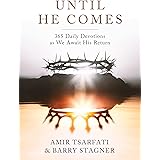
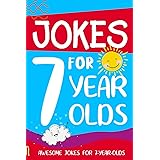
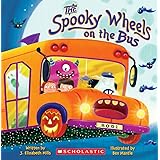

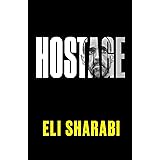




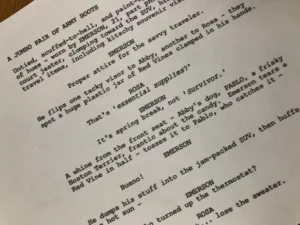

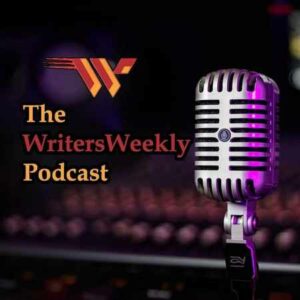

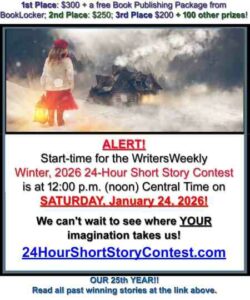




Post Comment